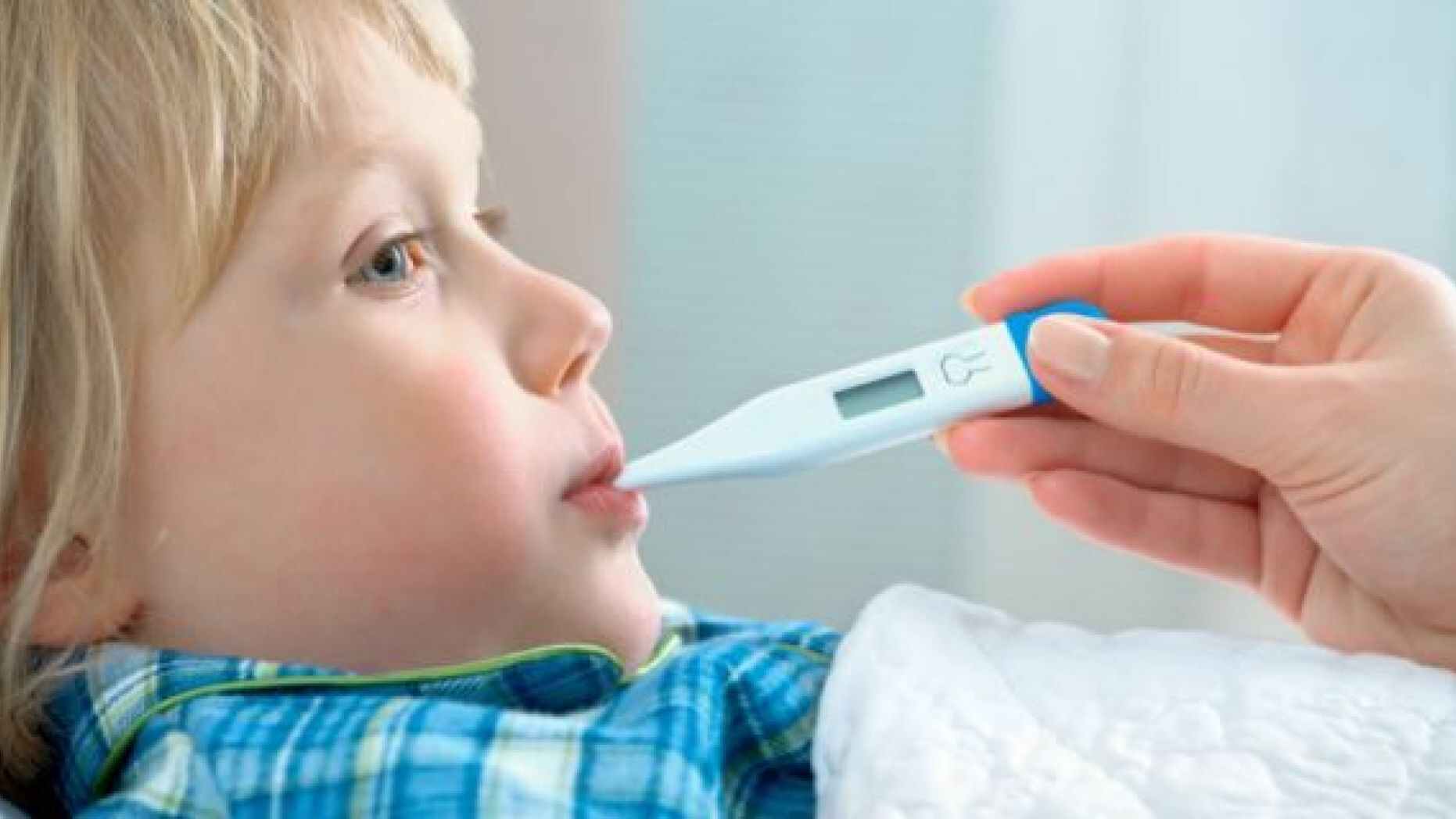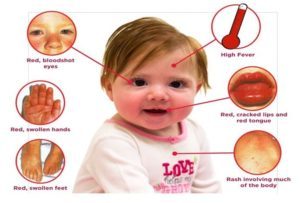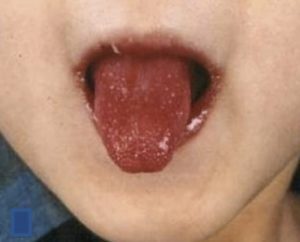This strange non-contagious childhood disease causes inflammation of the blood vessels, affecting arteries, veins, and capillaries in the body. We must emphasize that the Kawasaki disease is the main cause of heart disease in infants and young children in many parts of the world, this is known. To make a respective diagnosis, initially, the signs and symptoms of this disease are sought, by an echocardiogram. This disease can only be treated with special medications.

The Kawasaki disease occurs more frequently in people of Asian descent believed to be a reaction of the body’s immune system, it is not spread among family members or from one child to another. Between 80% and 90% of cases of the disease occur in children younger than 5 years and older than 6 months, which implies greater care for this age group.
Kawasaki disease’s symptoms
Among its main symptoms is high fever that lasts more than five days, also swollen lymph nodes of the neck, itching in the middle section and in the genital area, red, dry and split lips and swollen and reddened tongue, palms of the hands and soles of the feet, another symptom is red eyes.

Symptoms can become severe, such as a rash on the whole body, irritability, and significant bad mood, flaking of the fingers and toes (usually 2 to 3 weeks after the onset of fever) and affecting the majority of the body, it is also possible that these types of symptoms occur together, as is the case in some small babies. Other unspecified symptoms may also be present, such as vomiting, diarrhea, stomach ache, cough, runny nose, headache, among others.
What is the treatment?
In children diagnosed with Kawasaki, in general, and due to the severity of this disease they are immediately hospitalized. One of the medications used to combat this disease is called gamma globulin (IVIG). It is contained by the intravenous (IV) route for 8 to 12 hours, children can also be given aspirin which will significantly reduce the risk of heart problems, remaining in the hospital for at least 24 hours after completing the IVIG dose to ensure that the fever does not return and reduce others symptoms in the child.
A series of additional treatments may be necessary if a child does not respond in the way that the doctor expects with a single dose of IVIG, if the fever returns or if any type of abnormalities are detected in the first echocardiogram, additional implementations are recommended, for another dose of IVIG or any other medicine that fight inflammation such as steroids, in case of this or a similar situation, pediatric specialists in rheumatology, infectious diseases or cardiology can be consulted who will be responsible for giving the respective treatments.
What are the disadvantages if the treatment is not fulfilled?
If this disease is not treated correctly, a number of serious complications can arise, such as inflammation of the blood vessels, since this is especially dangerous because it has the ability to affect the coronary arteries (the blood vessels supplying blood to the heart), which gives way to the development of aneurysm and causing multiple damages to the general health.

The Aneurysm is an outstanding widening in the wall of the blood vessels that are damaged, thanks to the fact that treatment within the first 10 days of the disease, greatly reduces the risk of developing an aneurysm. Therefore, it is vitally important that a rapid diagnosis is made long before the 10th day. The treatment should begin as soon as possible as this will avoid damages harder to control.
Diagnosis
There is still no single test that gives optimal results well, but, if the presence of the disease is suspected, the doctor in charge may ask for a serious of tests to check heart functions, that is, the echocardiogram, blood and urine samples. Also, the doctor may refer the patient to a pediatric specialist in infectious diseases, rheumatology or cardiology for help in the diagnosis and treatment of a positive diagnosis regarding the severity of the disease.

